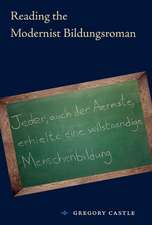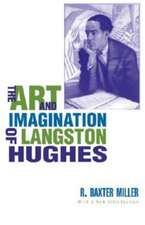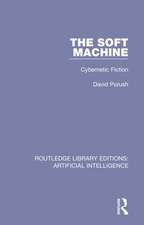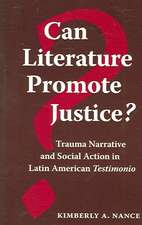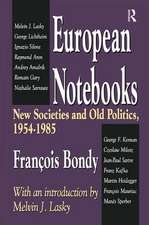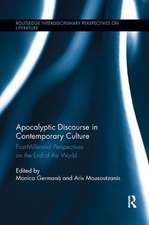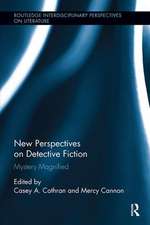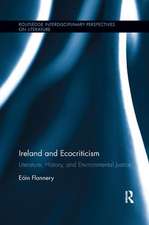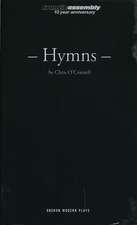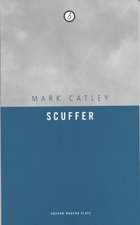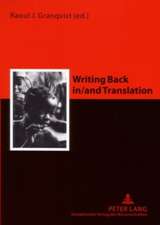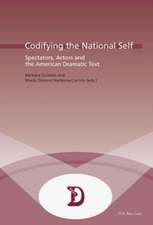Communities of Individuals: Liberalism, Communitarianism and Sartre's Anarchism
Autor Michael J. R. Crossen Limba Engleză Paperback – 16 ian 2019
| Toate formatele și edițiile | Preț | Express |
|---|---|---|
| Paperback (1) | 208.52 lei 6-8 săpt. | |
| Taylor & Francis – 16 ian 2019 | 208.52 lei 6-8 săpt. | |
| Hardback (1) | 460.50 lei 6-8 săpt. | |
| Taylor & Francis – 14 sep 2017 | 460.50 lei 6-8 săpt. |
Preț: 208.52 lei
Preț vechi: 254.72 lei
-18% Nou
Puncte Express: 313
Preț estimativ în valută:
39.90€ • 41.66$ • 33.02£
39.90€ • 41.66$ • 33.02£
Carte tipărită la comandă
Livrare economică 04-18 aprilie
Preluare comenzi: 021 569.72.76
Specificații
ISBN-13: 9781138631106
ISBN-10: 1138631108
Pagini: 272
Dimensiuni: 152 x 229 mm
Greutate: 0.08 kg
Ediția:1
Editura: Taylor & Francis
Colecția Routledge
Locul publicării:Oxford, United Kingdom
ISBN-10: 1138631108
Pagini: 272
Dimensiuni: 152 x 229 mm
Greutate: 0.08 kg
Ediția:1
Editura: Taylor & Francis
Colecția Routledge
Locul publicării:Oxford, United Kingdom
Cuprins
Contents: Foreword; Introduction: an overview of the argument; Praxis, needs, scarcity and methodology; The communitarian case for community; Associations` and the natural environment; Forms and terms of association: series; Forms and terms of association: groups; Praxis, communitarianism and beyond; Conclusion: the dialectic and the communitarian community; Bibliography; Index.
Descriere
This title was first published in 2001: This book examines the liberal-communitarian debate from a new perspective. Communitarians argue that liberal theory neglects the significance of communities for the lives of their members. An examination of that argument reveals that there are deficiencies in the communitarian account of community. Identifying and remedying those deficiencies is the key concern of this book, uniquely addressing the deficiencies using Sartre's anarchist theory derived from an interpretation of the Critique of Dialectical Reason. Sartre champions the individual yet criticises liberalism. The tension arising from these two apparently disparate positions makes for a fruitful argument, enhanced by the connections made with Aristotelian and feminist theory, Hobbes and Rousseau. Finally, a method is developed for inquiring into the nature of associations which, it is argued, should interest communitarians concerned to avoid deficiencies in their account of community.






